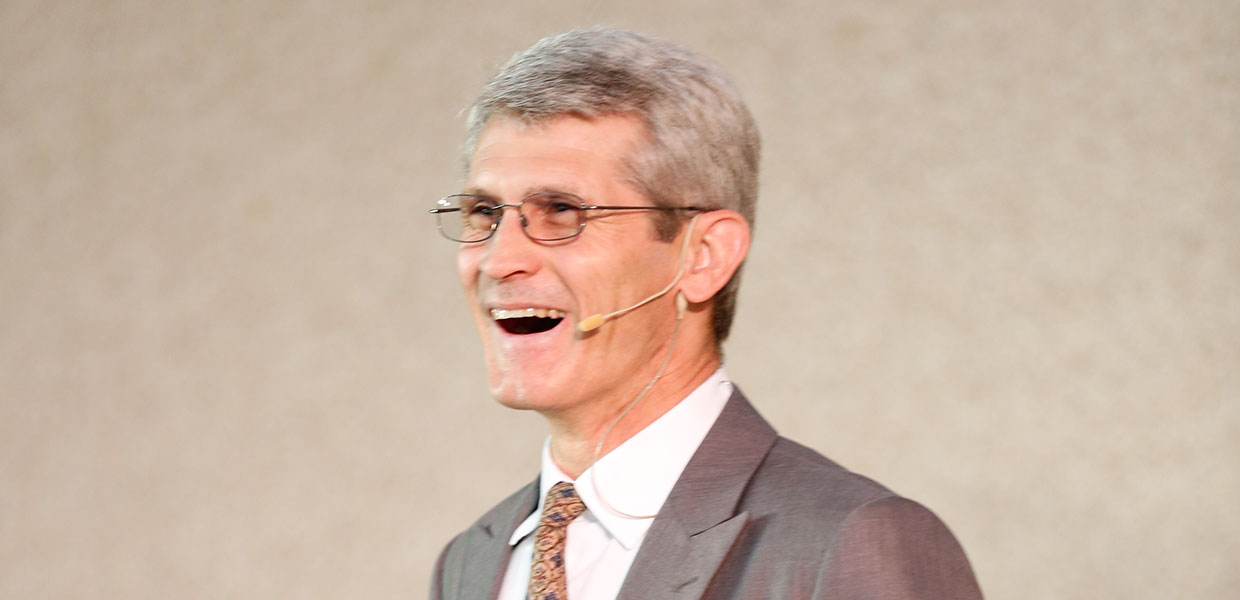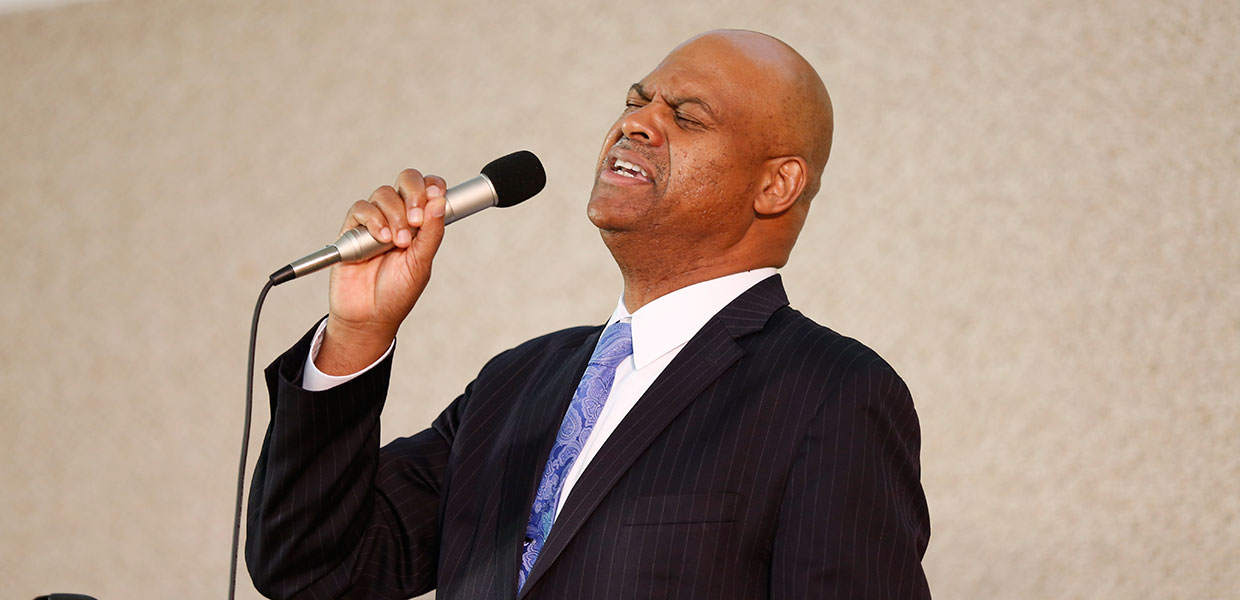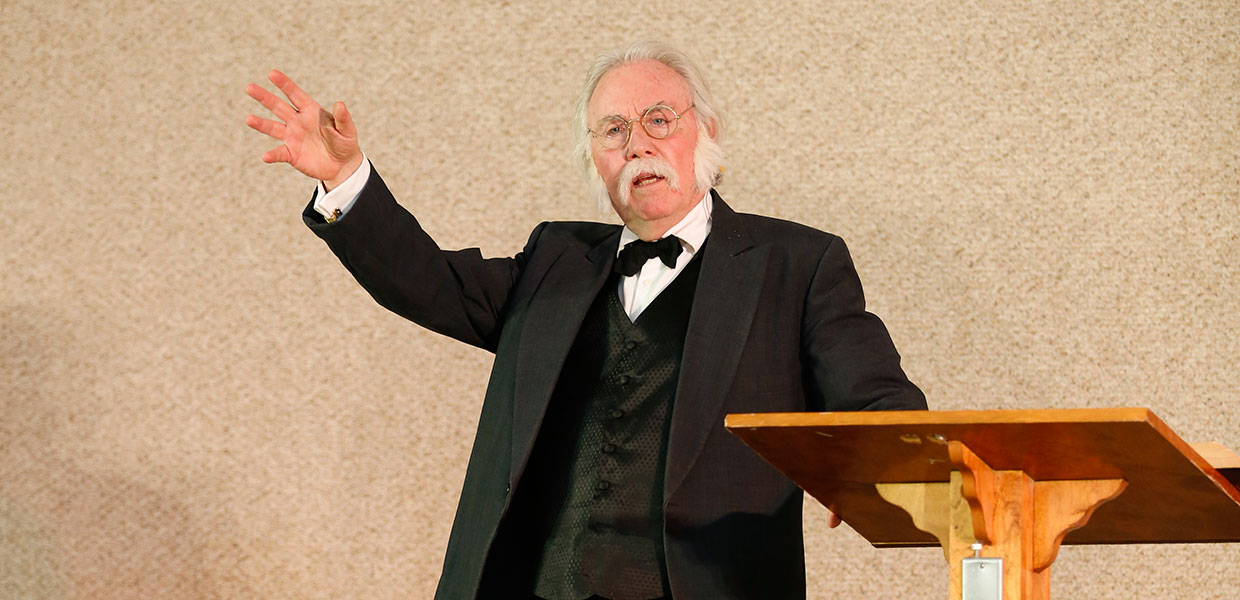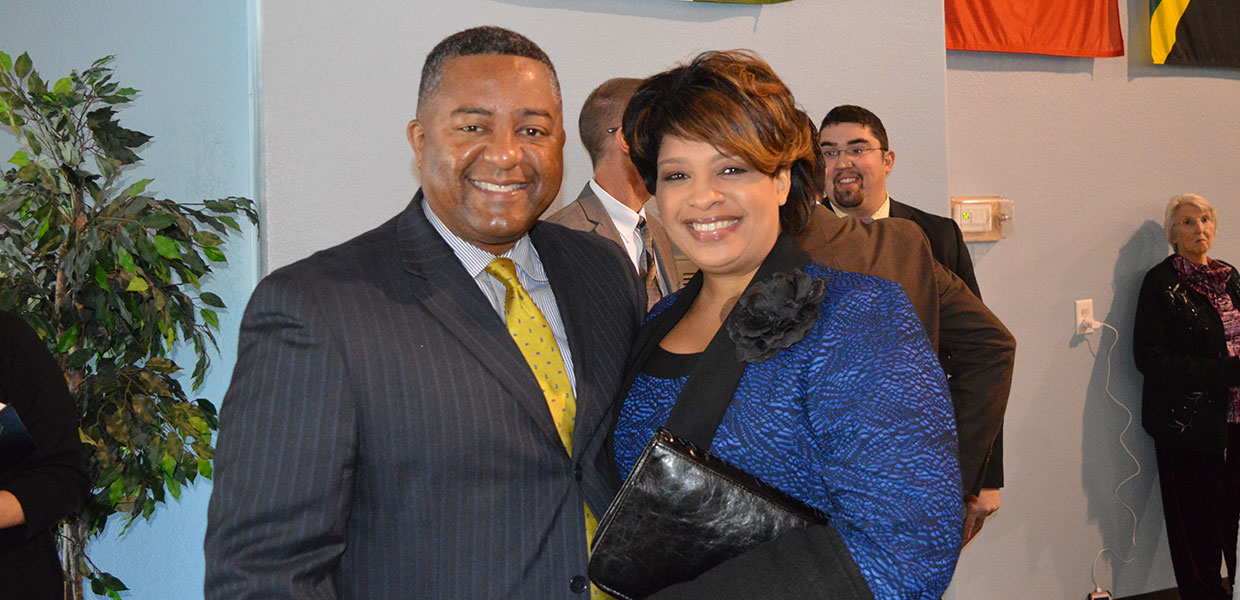
Becky Carpenter

Becky Carpenter

Becky Carpenter

Carole Louis
Last year1 was quite the year for religious liberty issues. It was a sample of how the issues affecting religious freedom for Americans today is far more than just Sabbath accommodation issues. Church members are starting to take notice of how fragile religious liberty really is.
It has always been a challenge to defend religious liberty because of the delicate balance that lies within the issues of separation of church and state. Adventist have a proud history of this defense because of our understanding of the Bible. “And I beheld another beast coming up out of the earth; and he had two horns like a lamb, and he spake like a dragon,” Revelation 13:11. Adventists believe America has long been viewed in prophecy as a beast with two lamb-like horns representing the separation of church and state.
Understanding the importance of those two horns in prophecy has always dictated our attitudes toward the U.S. Constitution and our understanding of a secular government. For more than 200 years we have claimed that the U.S. Constitution should not be a tool to control moral behavior. As Adventists we have historically taught, this because of our understanding on end time events and the issue of forced religious observance.
Conservative Christian’s now bemoan the fact that the Constitution does not control moral behavior. However, our laws in America focus on the secular and not the sacred. We need to also realize that what the government calls “marriage” in our secular nation is not sacred. Parties may enter into and dissolve the marriage as many times as they like. The government puts no limit on how many times you can enter into a marriage, but it does limit you to one marriage at a time.
The Seventh-day Adventist Church holds quite a different view of what marriage is. True “marriage” is not about a civil contract the government recognizes, but rather it is about a life-long covenant made between one man and one woman in recognition of the sacredness of the institution of marriage that God established (along with the Sabbath) in the garden of Eden. As the Church, it is our duty to maintain the sacredness of the institution of marriage within the confines of our faith and the biblical principles we hold dear. As a united corporate body of believers, no one should fault us for standing firm on Bible principles. The problem is that we do not exist in a vacuum. The common thread that ties the current conflict between the government definition of marriage and that of the church is that of civil rights.
People of faith need protection from laws that violate an individual’s religious beliefs and conscience. In addition, all people within our boarders need the protection of the 14th Amendment, so that we can be treated equally. The question is whose right wins when the 1st Amendment comes into conflict with the 14th Amendment?
Why we need to combine service and evangelism?
There are real concerns for religious liberty in all these issues. There is concern for Adventist who believe in prophecy. There is even concern for the safeguarding of individual religious freedom and the separation of church and state. We have been entrusted with light that others do not have, and it is because of this that we cannot get distracted or act out of naivety when discerning how prophecy will play out in America. Should we be concerned that people of faith will overstep their place by trying to impose religious laws on the land to bring about moral reform? Yes! We should be just as concerned as we are that immorality will rule the day.
Amireh Al-Haddad is the director of the Public Affairs and Religious Liberty Department at the Southern Union in Norcross, Georgia.
1 For more information, visit your local library.
2 For more information in the footer.
Southern Union | December 2010



Comments are closed.